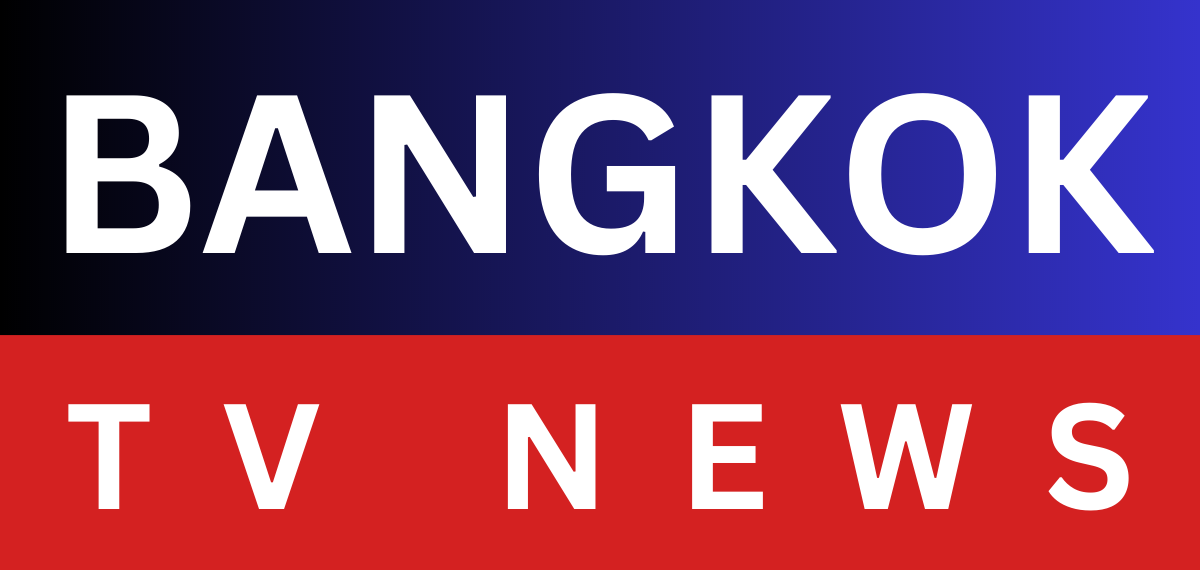On Wednesday, the US Senate effectively voted to continue the government shutdown by rejecting two competing proposals designed to end it. The back-to-back failure of both the Democratic and Republican bills highlights an unbridgeable gap between the parties’ priorities, guaranteeing more disruption and uncertainty for federal workers and the public. The votes confirmed that neither side has any intention of backing down.
This legislative paralysis has real-world effects that are worsening by the day. National parks remain closed, federal employees are uncertain about their financial future, and critical infrastructure, such as the nation’s air traffic control system, is showing signs of strain from staffing shortages. Next week poses a critical test, as military members and other essential workers are slated to miss their paychecks.
The Democratic bill was built around a key demand: extending premium tax credits for the Affordable Care Act (ACA). With these subsidies set to expire, Democrats argue it is essential to act now to prevent healthcare costs from skyrocketing for 20 million Americans. They see the funding bill as the necessary vehicle for this crucial policy.
The Republican bill, in stark contrast, offered only a temporary lifeline, extending government funding through November 21 while pointedly ignoring the Democrats’ healthcare demands. Speaker Mike Johnson and his conference are pushing for a “clean” bill, arguing that extraneous policy issues should not be attached to the basic functioning of government.
This fundamental disagreement leaves no room for compromise. A middle-ground proposal from Representative Jen Kiggans was rejected by Democratic leadership, and harsh rhetoric continues to dominate the debate. With both parties clinging to their own legislative paths and refusing to even consider the other’s, the shutdown is set to become a prolonged and damaging ordeal.
BANGKOK TV NEWS is multi-platform news and information media broadcast company. Every year, we deliver world-class journalism to more than 10 million world’s most influential audiences in over 150 countries, who want to stay up-to-date with all that is happening in the world. Whether it’s News, Sports, Money, Politics, or Entertainment, we drive an imperative conversation every day on every platform.
© Copyright by BANGKOK TV NEWS (A Digital Media Brand owned by AMAZON MEDIA LLC).
- About Us
- Our Team
- Our Mission
- Our Values
- Our Impact
- Chairman’s Words
- Share A Tip
- Careers
- Advertise
- Awards
- Media Solutions
- Journalism Standards
- Social Responsibility
- Editorial Policy
- Privacy Policy
- Terms of Service
- Community Rules & Guidelines
- Code of Ethics
- Editorial Complaints
- Newsletters
- Acquisition
- Investor Relations
- Licensing
- Contact Us

